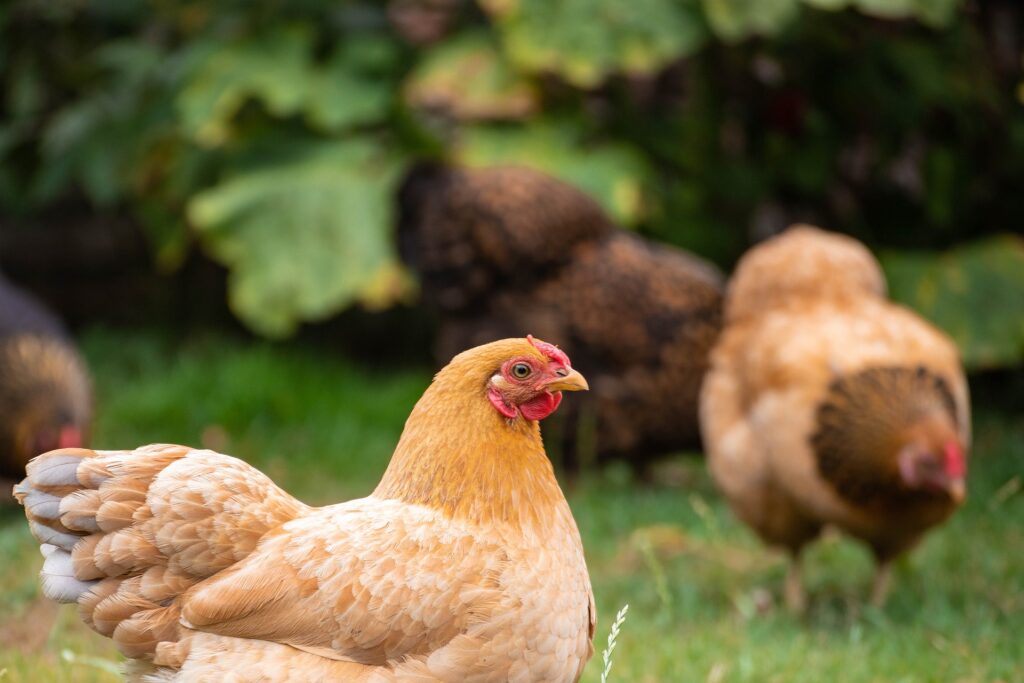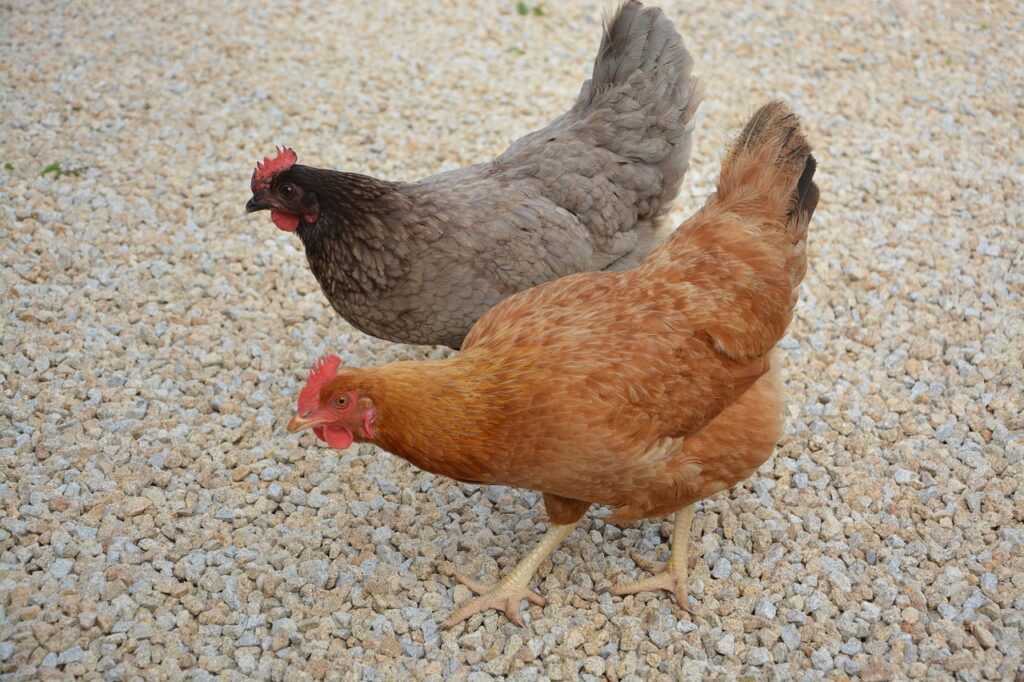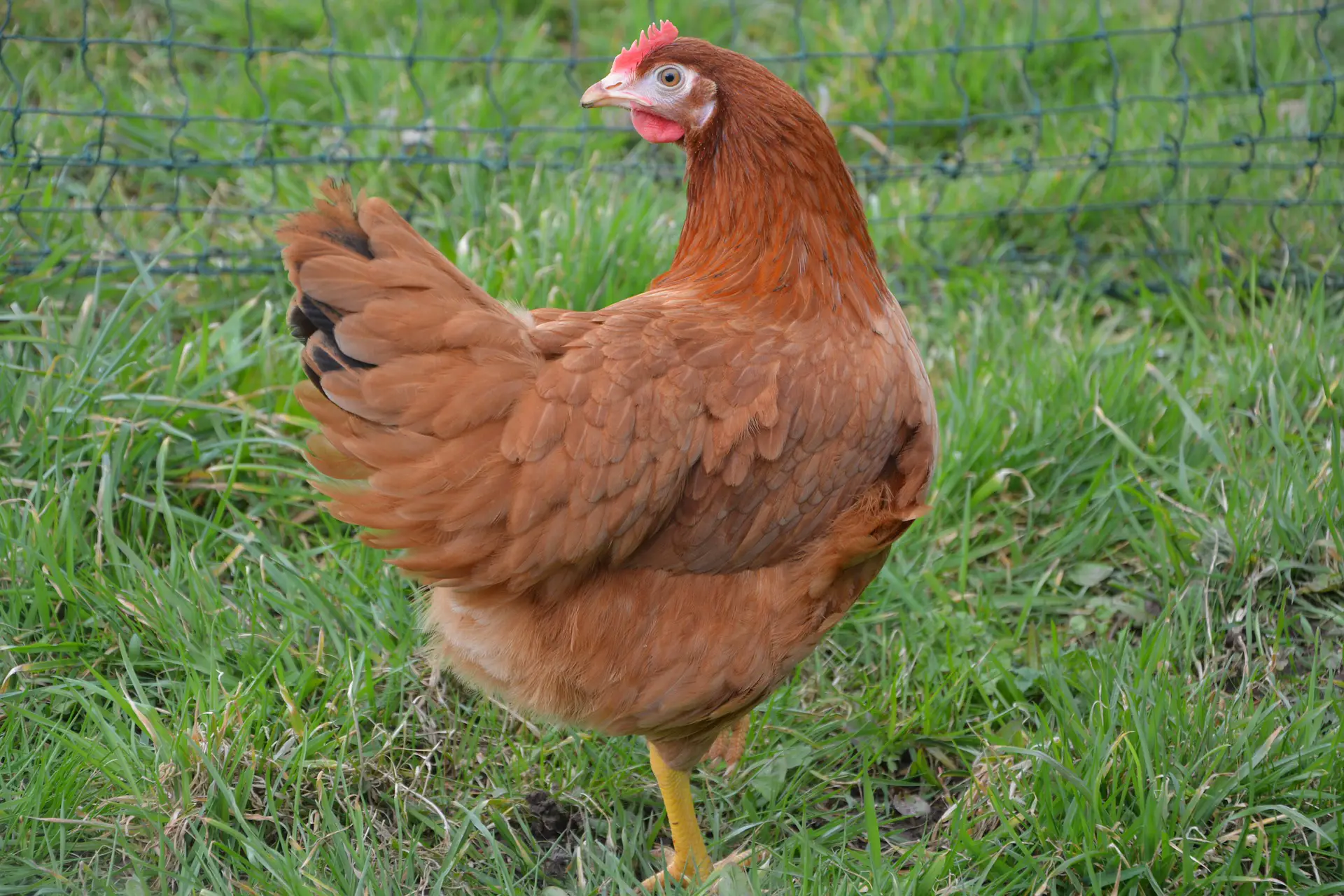Chickens are renowned for their egg-laying abilities, providing a steady supply of fresh eggs for households. However, egg production is not indefinite, and chickens eventually reach a point where they stop laying eggs.
When Do Chickens Stop Laying Eggs? In this article, we will explore the factors that influence the egg-laying cycle, signs of decreased egg production, and how to care for non-laying hens.
You may also want to read about the best laying mash.
Understanding the Egg-laying Cycle
Chickens have a natural instinct to lay eggs, but their egg production is not constant throughout their lives.
Natural Egg-laying Instinct
Once chickens reach maturity, typically around 5 to 6 months of age, they begin to lay eggs. This is driven by their natural reproductive cycle, which involves the development and release of eggs from their ovaries.
Peak Egg Production
Chickens generally experience a period of peak egg production in their first year of laying. During this time, they can produce a consistent number of eggs, often at their maximum potential.
Decline in Egg Production
After the first year, egg production tends to decline gradually. Factors such as age, breed, nutrition, and environmental conditions play a role in determining the rate at which egg production decreases.

When Do Chickens Stop Laying Eggs?
Factors Affecting Egg Production
When Do Chickens Stop Laying Eggs? Several factors influence the egg-laying capabilities of chickens.
Age of the Chicken
As chickens age, their egg production naturally decreases. Most chickens continue to lay eggs until they are around 5 to 7 years old, but the quantity and frequency of eggs diminish over time.
Breed and Genetics
Different chicken breeds have varying egg-laying capabilities. Some breeds, such as Leghorns, are known for their high egg production, while others may have a lower egg-laying potential.
Nutrition and Diet
A balanced and nutritious diet is essential for optimal egg production. Chickens require a feed specifically formulated for laying hens, which provides the necessary nutrients, vitamins, and minerals to support egg development.
Lighting Conditions
The amount of daylight chickens receive also affects their egg-laying cycle. Adequate lighting, both natural and artificial, is crucial for stimulating egg production. Reduced daylight hours during the winter months can lead to a decline in egg-laying.
Seasonal Changes
Egg production can vary with seasonal changes. Chickens may lay fewer eggs during colder months or molt, a natural process in which they shed old feathers and grow new ones.
Signs of Decreased Egg Production
It’s important to be aware of the signs that indicate a decrease in egg production.
Reduced Frequency of Egg-laying
One of the most obvious signs is a noticeable decrease in the frequency of egg-laying. Chickens that used to lay eggs daily or every other day may start laying eggs less frequently.
Changes in Egg Size and Quality
Eggs produced by aging hens may also exhibit changes in size and quality. They may become smaller in size or have thinner shells. However, the nutritional value and taste of the eggs generally remain unaffected.
Behavioral Changes
Non-laying hens may exhibit changes in behavior, such as spending less time in nesting boxes or showing less interest in nesting and egg-laying behaviors.

When Do Chickens Stop Laying Eggs?
Extending the Egg-laying Period
When Do Chickens Stop Laying Eggs? While egg production naturally decreases over time, there are steps you can take to extend the egg-laying period of your chickens.
Proper Nutrition
Ensuring that your chickens receive a well-balanced diet is crucial for their overall health and egg-laying capabilities. Feed them a high-quality layer feed supplemented with fresh greens, calcium, and occasional treats.
Optimal Environment
Providing a stress-free and comfortable environment is essential for encouraging continued egg production. Ensure that the coop is clean, well-ventilated, and free from drafts. Proper nesting boxes with comfortable bedding can also promote egg-laying.
Artificial Lighting
If natural daylight hours are limited, supplementing with artificial lighting can help maintain egg production. By providing additional hours of light, you can stimulate the chickens’ reproductive systems and encourage consistent egg-laying.
Seasonal Adjustments
During colder months or molting periods, when egg production naturally declines, it’s important to be patient and allow the chickens’ bodies to adjust. Provide additional care and attention during these periods to support their overall well-being.
Caring for Non-laying Hens
When chickens reach a point where they no longer lay eggs, it’s important to provide them with proper care and attention.
Retirement Options
Consider allowing non-laying hens to retire and live out their lives in a comfortable and safe environment. They can still contribute to the flock’s dynamics and provide companionship to other chickens.
Providing a Comfortable Environment
Ensure that non-laying hens have access to a clean and comfortable coop with appropriate roosting spaces. Provide ample space for them to move around and engage in natural behaviors.
Focusing on Health and Well-being
Pay extra attention to the health and well-being of non-laying hens. Monitor their diet, provide regular veterinary check-ups, and offer enrichment activities to keep them active and stimulated.
Conclusion
When Do Chickens Stop Laying Eggs? The egg-laying cycle of chickens is influenced by various factors, including age, breed, nutrition, and environmental conditions. While egg production naturally declines over time, providing the right care and environment can help extend the egg-laying period of your chickens. When chickens stop laying eggs, it’s important to focus on their health and well-being, allowing them to live comfortably and enjoy their retirement in the flock.
FAQs
- At what age do chickens start laying eggs?
- Chickens typically start laying eggs around 5 to 6 months of age, depending on the breed and individual development.
- How long do chickens typically lay eggs?
- Chickens can lay eggs consistently for about 2 to 3 years, with peak production occurring in the first year.
- Can egg-laying be resumed after a period of non-production?
- In some cases, chickens may resume egg-laying after a period of non-production, especially if they experience changes in diet, lighting, or environmental conditions.
- Are there any health concerns associated with aging hens?
- Aging hens may be more susceptible to certain health issues, such as reproductive disorders or egg-binding. Regular veterinary check-ups and proper care can help address and prevent potential health concerns.
- What can be done with non-laying hens?
- Non-laying hens can still contribute to the flock as companions and provide social interactions. They can be allowed to live out their lives in a comfortable and safe environment, continuing to be part of the flock’s dynamics.


